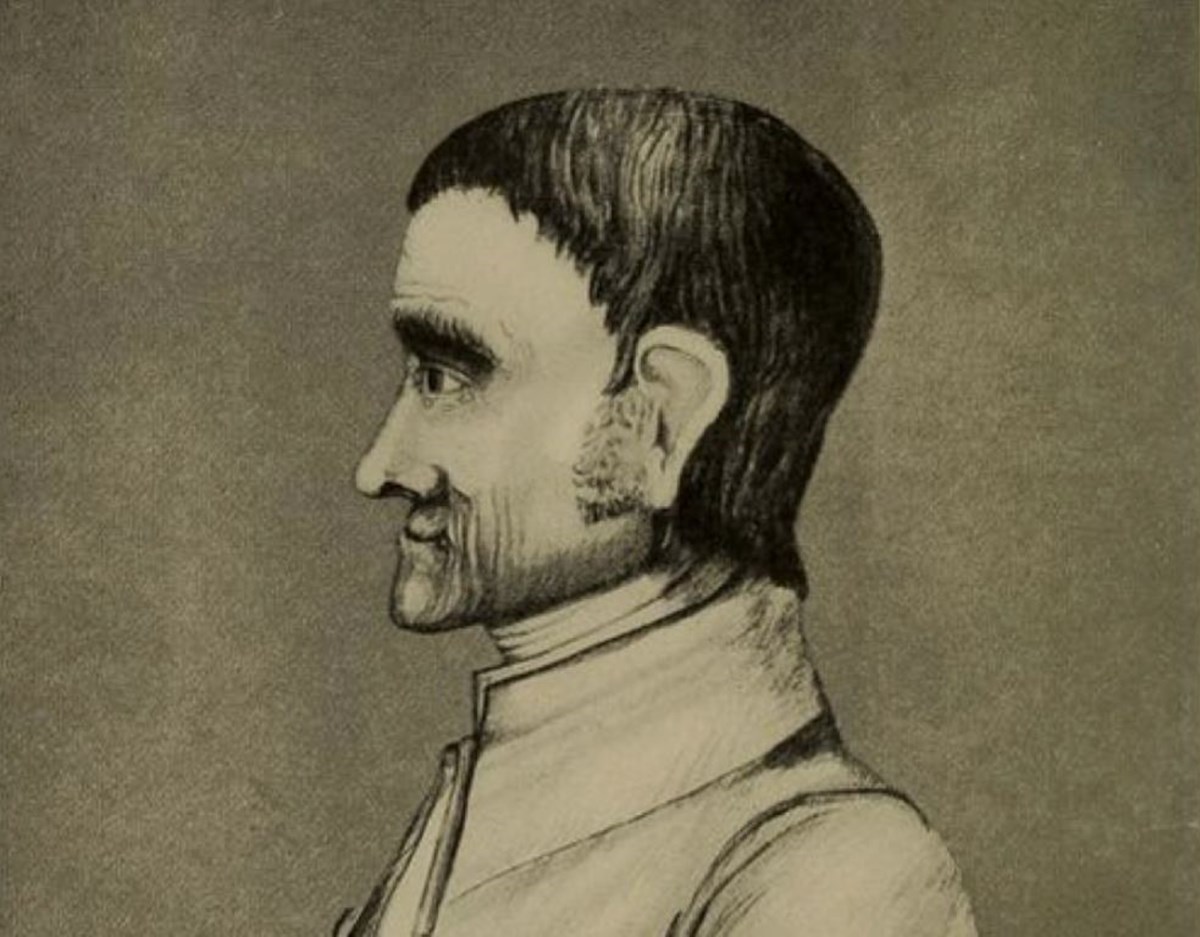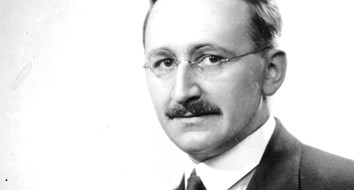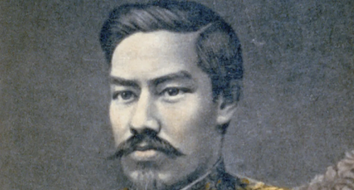Today—October 19, 2020—marks the 300th anniversary of the birth of John Woolman, a humanitarian who played a central role in the abolition of slavery. I regard him as a John the Baptist on the issue, a man whose appearance laid the foundation for the anti-slavery movement.
Woolman’s story is not nearly as well known as those of Thomas Clarkson and William Wilberforce. Wilberforce, as a member of the House of Commons in London, introduced the bill to end the slave trade every year for 18 years before it finally passed in 1807. Clarkson and his single-issue think tank, the Society for the Abolition of the Slave Trade, had recruited Wilberforce and mounted a successful campaign to promote the cause. But when Clarkson and eleven Quakers sat down at a print-shop table to create the Society in 1787, it was the earlier John Woolman (1720-1772) whom they thanked for the inspiration.
Because of the crucial role that Quakers played in the abolition movement, both in Britain and in America, we might think that these compassionate pacifists were always on the right side of the matter. Not so. Slavery was common, longstanding, and present on every continent but Antarctica in the early 18th century, including among Quakers. Even Africans were enslaving fellow Africans and selling their slaves to the highest bidders. So were certain tribes of Native Americans. Slavery was ubiquitous.
John Woolman was born to a Quaker family in 1720 in Rancocas, New Jersey. Working as a clerk in a local small business at the age of 23, his employer requested that he prepare a bill of sale for a slave. A pang of conscience prompted Woolman to object. Slavery was inconsistent with the principles of Christianity, he insisted, but he nonetheless did as he was asked. That was the moment, a very personal engagement in the business of slavery, from which a life-long passion would grow.
Three years later, a friend asked Woolman to write his will for him, including a provision for the transmission of ownership of a slave. Woolman not only refused, but he also convinced his friend on the spot to free the slave. Holding men and women in bondage, he argued, profoundly offended the ethics of Christianity, and imperiled the very soul of the slave owner. That same year (1746), Woolman undertook a three-month, 1,500-mile ministerial journey during which he preached sermons about Christianity and anti-slavery to Quaker audiences from New England to North Carolina.
From a journal he kept faithfully (and is still in print today), we learn that wherever Woolman went, he practiced what he preached on the slavery issue. If he received lodging, food or other hospitalities from a slaveowner, he personally paid the slaves for any work they performed on his behalf. He would not use silver plates, cups or utensils because he believed they were the products of slave labor. He remonstrated with the slave owners, appealed to their consciences, and remarkably, persuaded many to liberate their slaves and denounce the institution of human bondage.
In 1754, Woolman published a powerful and influential tract titled Some Considerations on the Keeping of Negroes in which he declared,
To suppose it right, that an innocent man shall at this day be excluded from the common rules of justice; be deprived of that liberty, which is the natural right of human creatures; and be a slave to others during life…is a supposition too gross to be admitted into the mind of any person, who sincerely desires to be governed by solid principles…That the liberty of man was, by the inspired Lawgiver, esteemed precious, appears in this: that such who unjustly deprived men of it, were to be punished in like manner as if they had murdered them. He that stealeth a man, and selleth him; or if he be found in his hand, shall surely be put to death. This part of the law was so considerable that Paul…adds this, [that] it was made for men-stealers, [as in] I Timothy 1:10.
Woolman died in England in 1772 at the age of 51 but he had planted so many abolitionist seeds on both sides of the Atlantic that within a decade, slavery among Quakers was history. Quakers became the first Christian sect to crusade for abolition. They were the earliest allies of Clarkson and Wilberforce, and the people whom both abolitionist heroes regarded as indispensable friends of the cause.
John Woolman almost single-handedly shifted the Overton Window among Quakers, who then became the prime movers in shifting the Window for an entire nation. Britain ended the slave trade in 1807 and ended slavery itself in 1834. His efforts in America helped mightily toward the same end, though years later and after the unfortunate circumstance of civil war.
What was once unthinkable (abolition) proceeded in the public mind to become simply radical, then acceptable, then sensible, then popular and finally policy. Ideas have consequences, as the work of John Woolman illustrates.
On this tricentennial of his birth, let us celebrate the legacy of John Woolman!
For additional information, see:
“Presentism” Imperils Our Future by Distorting Our Past by Lawrence W. Reed
An Open Letter to All Americans by Lawrence W. Reed
Thomas Clarkson: A Moral Steam Engine That Never Quit by Lawrence W. Reed
You Can Never Again Say You Did Not Know by Lawrence W. Reed
Uniquely Bad, But Not Uniquely American by Kay S. Hymowitz
Some Considerations on the Keeping of Negroes by John Woolman
The Journal and Major Essays of John Woolman, Phillips P. Moulton, editor
A Near Sympathy: The Timeless Quaker Wisdom of John Woolman by Michael L. Birkel
John Woolman’s Path to the Peaceable Kingdom: A Quaker in the British Empire by Geoffrey Plank
John Woolman, American Quaker by Janet Whitney
Woolman Central and The John Woolman Memorial, websites devoted to keeping the Woolman legacy alive





